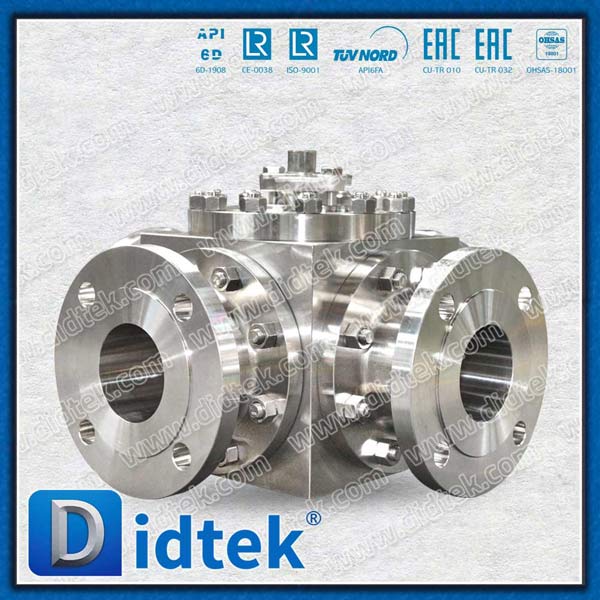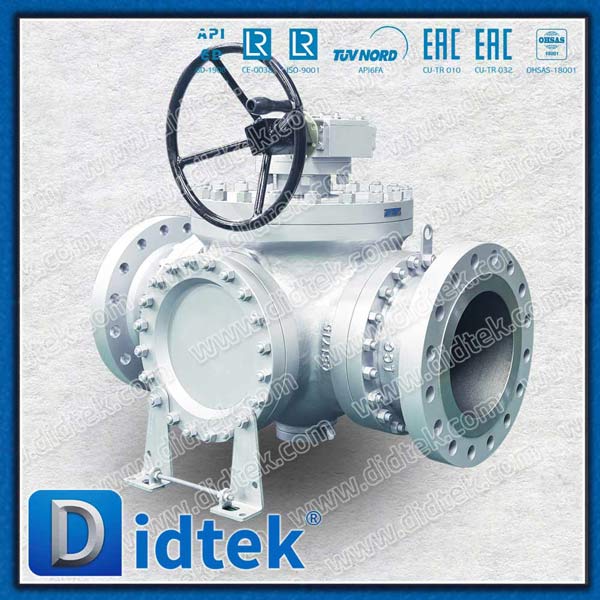3Way & 4Way Ball Valve
Industrial 4 Way Stainless Steel Ball Valve
Features & Benefits
1. Double-L Port Configuration
2. Live-Loaded Stem Packing
Provides constant load on the stem seal and extends service life
3. Blow-Out-Proof Stem
Stem is bottom loaded to prevent removal when valve is in service
4. Balanced 4-Seat Construction
4 seats maintain positive ball alignment
5. Reduced Number of Valves Required in Piping System
6. Invenstment Cast Body and End Caps
T-port 3 Way Diverter Ball Valve
Features & Benefits
1. A 3 way ball valve has 3 ports, and is available in T-Port and L-Port Varieties depending on what flow pattern in required.
2. A 3 way valve is ideal if you are looking for a way to divert and control flow without the need for a Tee and multiple valves.
3. These valves can be used as diverters, where flow from one inlet can be diverted to either of the two outlets.
4. They can also be used as input selector where the outlet is fed from either of the other two ports.
Totally shut off the valve.
Mix two media types.
Divert the flow of media in another direction.
Split the flow of media into two separate directions.
Block the flow of one media and allow another media to flow in the same direction.
What Is a 3-Way Ball Valve?
A 3 way ball valve is a type of valve used to control the flow of fluids. It is a simple device that consists of a ball with three ports. The ball is rotated, so the ports align with the ports on the valve body. This allows the fluid to flow through the valve and into the appropriate outlet.
How Does A 3-Way Ball Valve Work?
The valve works by turning a handle (mechanical valves) or activating an actuator (electric ball valves), which rotates the ball inside of the body of the valve. The rotating action aligns the channels with the inlets and outlets of the valve to direct flow.
What Do You Need 3-Way Ball Valve For?
One of the best parts of a 3-way valve is its versatility. They can perform a lot of different functions. These include:



